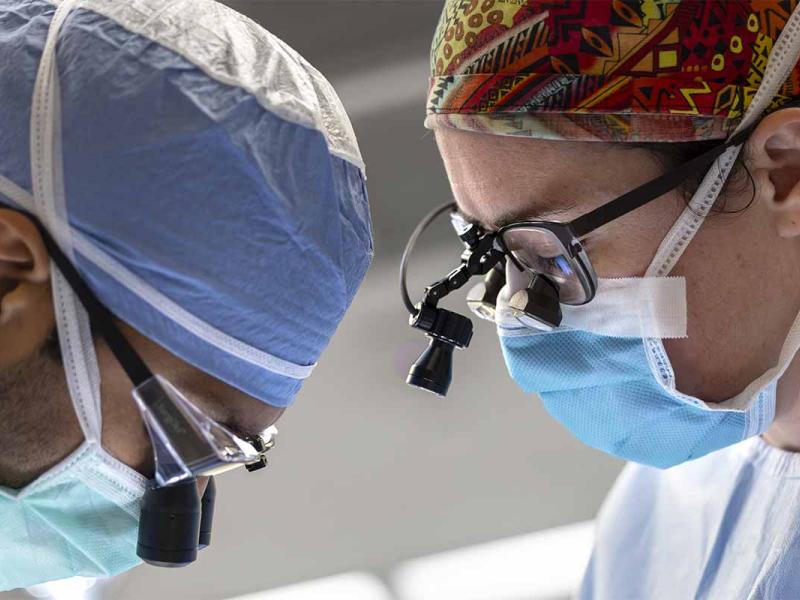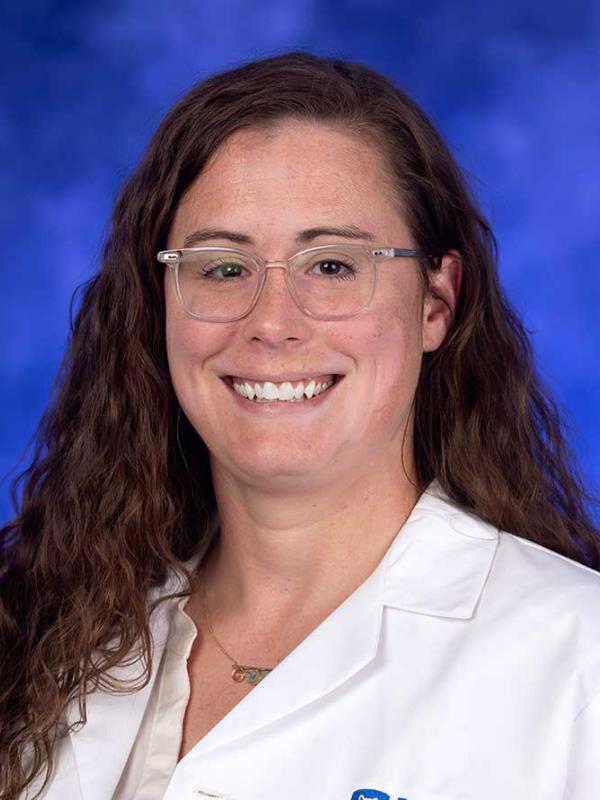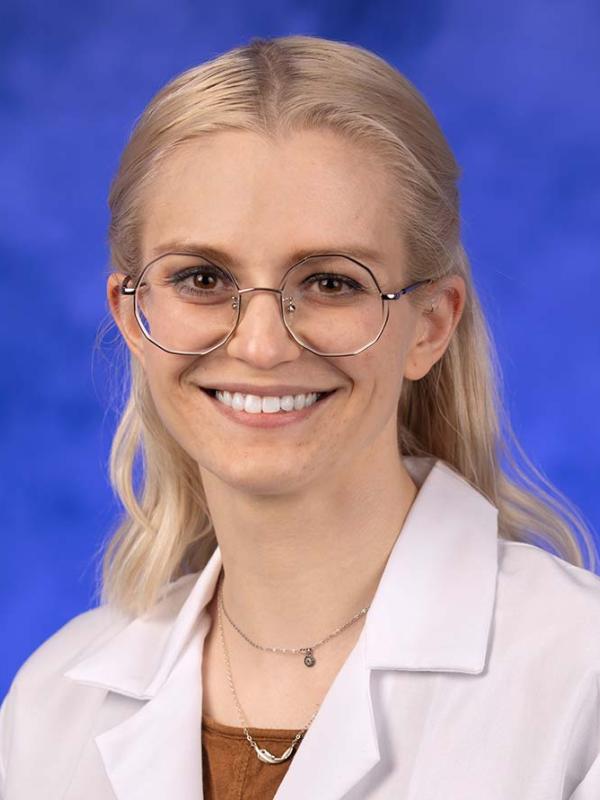Head and neck cancers start in the mouth, throat, voice box, nose or sinuses. These cancers include:
- Cutaneous malignancies of the head and neck (skin cancer)
- Hypopharyngeal cancer (throat and swallowing passage cancer)
- Laryngeal cancer (voice box)
- Oral cancer (lip, mouth, tongue, palate)
- Oropharyngeal cancer (tonsil, tongue base, soft palate)
- Skull base tumors
- Thyroid cancer
- Nose and paranasal sinuses
Many of these cancers can be cured, especially when they are found early.
Head and neck cancer can be quite complex. The experts at Penn State Cancer Institute are skilled in the latest treatments, technologies and clinical trials. Trust them to give you the best, multi-specialty care available.
Treatment
At Penn State Cancer Institute, we diagnose and treat all types of head and neck cancers. Our multidisciplinary team is made up of surgeons, radiation and medical oncologists, and pathologists. We guide you through every step of your care.
Our head and neck specialists may treat your cancer with complex or simple surgery, as needed. Your treatment may include radiation and/or chemotherapy.
Our surgeons take part in conferences with other cancer specialists. We discuss the specifics of your case and - putting all our skill and experience together - create a treatment plan just for you.
Our advanced surgery techniques include:
- Transoral robotic surgery (TORS)
- Minimally invasive radio-guided parathyroidectomy surgery
- Endoscopic skull base surgery
If needed, we can also improve your appearance after surgery with state-of-the-art facial reconstruction.
Meet the Team
Prevention and Screening
Many people who have been smoking and drinking heavily for a long time get head and neck cancer. Some get cancer because they have been exposed to harmful fumes and dust in the workplace. These cancers are generally considered preventable.
Making lifestyle changes can lower a person’s risk of getting a head and neck cancer, especially cancers of the mouth, nose and throat. You can:
- Quit smoking.
- Drink alcohol in moderation.
- Limit the time you spend in the sun, and use sunscreen.
- Wear a protective face mask if you work amid toxic fumes and dust.
- Protect yourself against HPV.
Some head and neck cancers, such as thyroid cancer, are not associated with any preventable risk factor.
Screening
There are no regular screening tests for head and neck cancer like there are for breast or colon cancer. Doctors do include an exam of the head and neck during your routine annual physical.
During your yearly dental evaluation, your dentist will look inside your mouth and throat for anything abnormal.
Symptoms and Diagnosis
Each type of head and neck cancer has its own specific group of symptoms. Many of these symptoms can also be caused by other health conditions.
Symptoms
Here are some general symptoms and warning signs of head and neck cancer. See your doctor if you notice:
- A lump or swelling in the neck
- A sore in the mouth that won’t heal
- A red or white patch in the mouth that doesn’t go away
- Frequent nosebleeds, ongoing nasal congestion or chronic sinus infections that do not respond to treatment
- Sore throat, hoarseness or voice change
- Persistent pain in the neck, throat or ears
- Blood when you spit
- It’s hard to chew, swallow or move the jaws or tongue
- Numbness in the tongue or other areas
- Teeth are loose or dentures no longer fit
Diagnosis
If your doctor suspects cancer, he or she may use a physical exam, endoscopy, imaging tests and biopsy to identify and understand it.
- Endoscopy uses a small flexible camera to examine the nose, mouth, throat and vocal cords.
- Imaging tests may include CT scans and MRIs to see if cancer has spread to surrounding areas, and PET scans to see if it has spread to other parts of the body.
- Biopsy uses a sample of tissue to look for cancerous cells under a microscope.
Learn more about our multidisciplinary approach, advanced treatment options, and patient-centered care.
Head and Neck Cancer Support Group
This group provides an opportunity for head and neck cancer patients, as well as their family members, to develop connections with and receive support from...
This group provides an opportunity for head and neck cancer patients, as well as their family members, to develop connections with and receive support from other patients and caregivers. The support group meets every fourth Sunday of the month. For more information, call 717-531-8945 or e-mail Head and Neck Support Group.
Convenient Locations
Find the care your family needs, close to home, at one of our many locations throughout central Pennsylvania.
Find a location near you


















